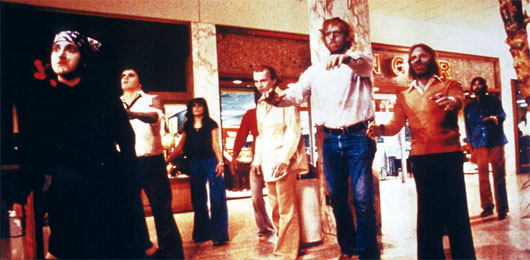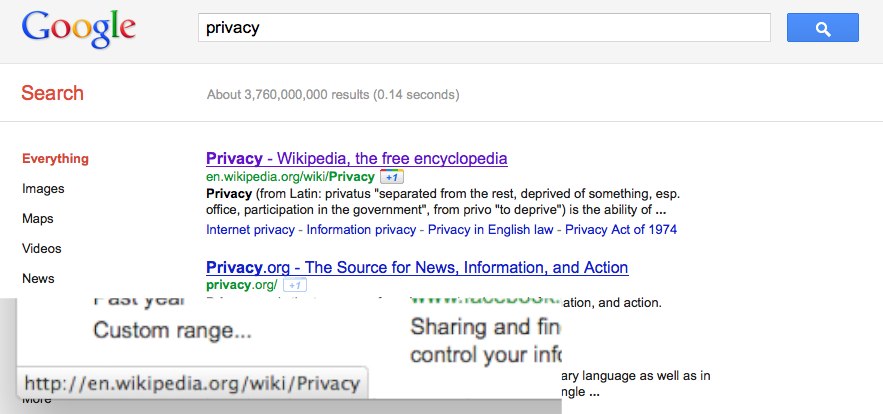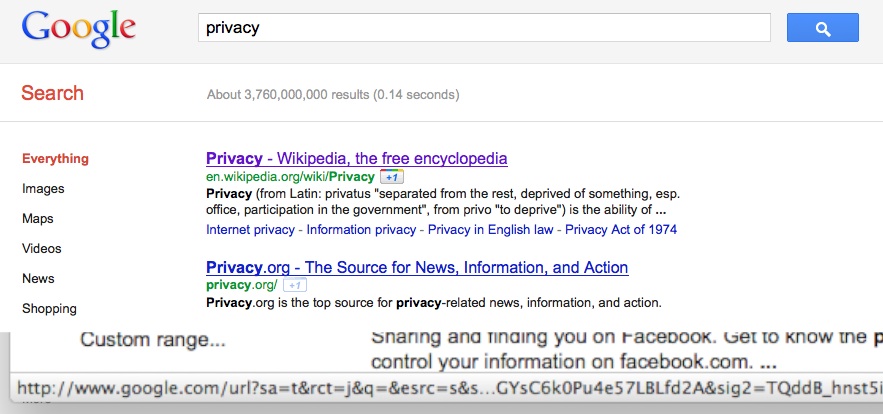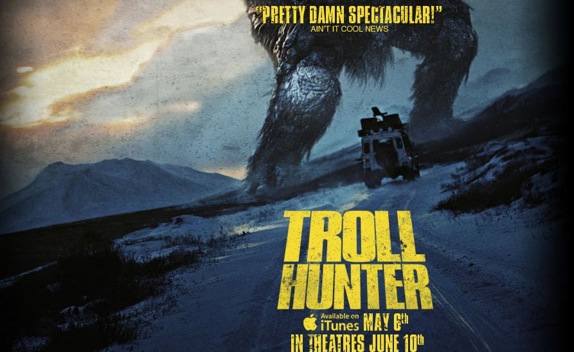
Cyber Monday is a marketing term/event invented in 2005 by Shop.org, an association of online retainers. Over the years, the association has continued to promote the idea, and now, in 2011, it seems to have finally hit critical mass.
Watching the growth of this idea over the years is a fascinating look into how a “forced meme” can be constructed and spread, with the help of news media, in particular. (For some historical context, read some of the posts on slashdot back in 2005.)
If you think about it, before that press release, nobody had heard of Cyber Monday. Then, one press release later, an idea is born. Give it a catchy name, an easy-to-tell story and some questionable statistics and it becomes newsworthy enough to be worth covering. And, because it is issued by an association of retailers, i.e. a big organization that has money and makes money, it automatically becomes important. (Can you imagine a random individual issuing a press release, or even Occupy Wall Street issuing such a thing and having the news media cover it at all? When people or groups with money speak, we listen.)
Another important thing is to repeat the press release each year, and update the statistics, which surely will go up and be “record-breaking” each subsequent year if you start out small enough, and you’ve got yourself an idea that’s got wings. “Record-breaking” is such an easy term to exploit.
Now, ask yourself, how did you come to “learn” about Cyber Monday? Did your neighbor tell you about it? Did a coworker mention to you about some great deals they found? Most likely not. Most likely you heard about it on the news, in the guise of ‘helpful tips’ to get ‘the most’ out of ‘Cyber Monday’.
If you do a quick search on YouTube for Cyber Monday, you’ll see all sorts of news media coverage of how much money it’s going to bring in for online retailers (that’s “newsworthy” because it affects the economy, stupid), or tips on how to find great deals and not be done in by fake websites. (“Cyber Monday” and “fake” in the same sentence? I shudder to think.) My personal favorite is the one from CBS which features a “personal finance” contributor outright telling you which websites to visit for deals. Is this news?
It’s fascinating how effective it is to simply presume something to be true, and instead of researching its validity, pointedly discuss issues surrounding it. Not unlike asking your friends what they will be buying your imaginary friend for her birthday this year, asking your mother what her thoughts are on the latest teen sensation, Fakey Mcgee, or presenting a plan to rid your foe of weapons of mass destruction, treating something to be true and
Chalk up another one for the marketers. As Goebbels said, “If you repeat a lie often enough, it becomes the truth.”



